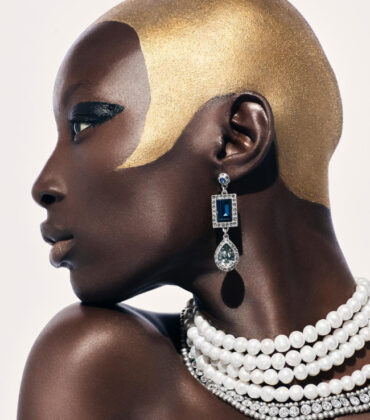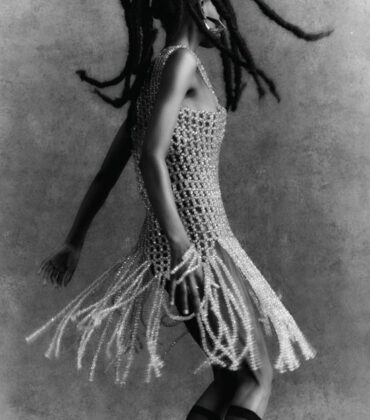
(Getty Images/ Maria Jefferis/ Redferns)
Pauline Black is a British-born author, writer, actress, author, and musical pioneer. Black is best known as the lead singer of The Selecter, a British ska group formed in the 1970’s. The group is considered to be an integral part of the 2 Tone movement, which blended the genres of punk and ska. Black has also been often cited by ska pop songstress Gwen Stefani as a major influence and inspiration.
Black, who was born to a Nigerian father and an Anglo-Jewish mother, but adopted and raised by white parents, has never shied away from conversations about race and gender in the ska and punk movements.
She recently shared her thoughts with Flavorwire as part of the “Forgotten Women of Punk” series about the message of anti-racism in the punk movement and also praised Afropunk for expanding the conversation.
[…] Something that always struck me about 2 Tone was that it was multicultural, but never colorblind. Everybody brought their own heritage and their own perspectives, and it was never presented as “Oh, we’re all just people, we don’t see color.” We are all just people, but our differences matter as much as our similarities.
Exactly. I have a real thing about that, when people go “Oh, I’m colorblind.” That’s not the way that I see the world when I walk down the street. I agree entirely. I have always loved meeting people from different cultures, and everybody in the band at the moment — we’re split completely down the middle, four black, four white, and among the blacks there’s all kinds of different strands of people coming in. Some are Trinidadian, some are from other islands, some of their heritage is African. And also the whole idea, the wonderful idea that you have in America right now that’s being picked up over here is Afropunk, that’s a real revelation to me that people think that’s a viable way to go. I think it’s a wonderful way to go. It’s very much something that got squished out of people, maybe, 20 or 30 years ago. If you liked punk music, people would say “Oh, you shouldn’t really be in there with those white folk.” But it’s in that cross-fertilization and that cross-cultural thing that great things spring up.
Read more at Flavorwire.




